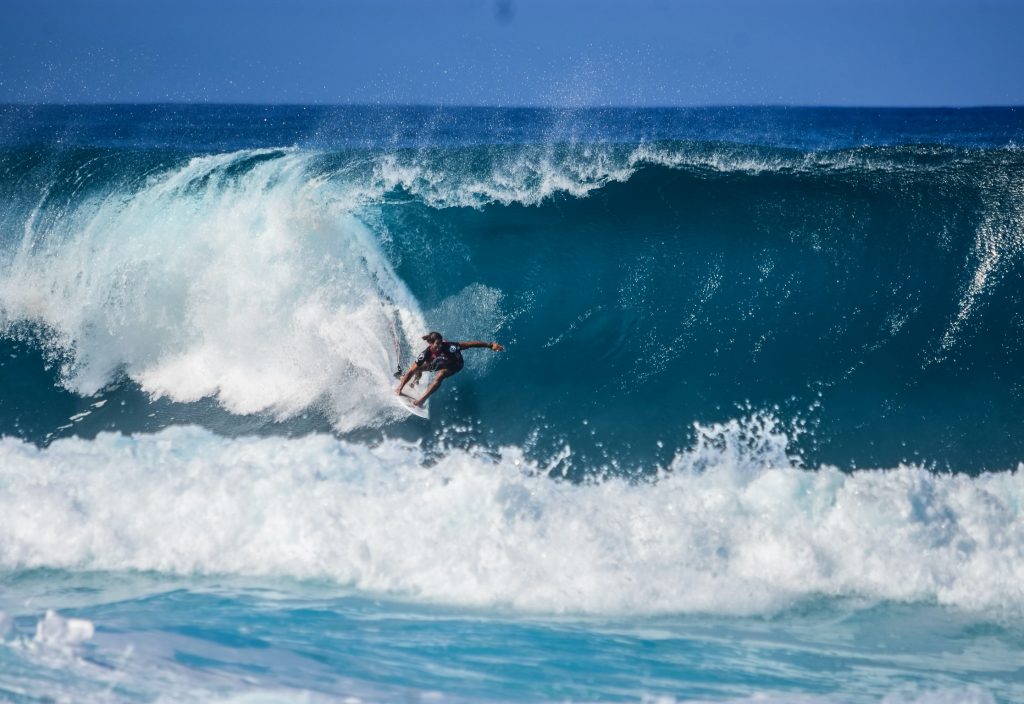7 Tips to Help You Catch More Waves and Improve Your Surfing Skill
Surfing is an exhilarating yet challenging activity that can take some time to master. It takes practice, patience, and the proper techniques to ensure you can catch the best waves. With the right tips and tricks, you can improve your surfing skills and catch more waves to take you farther in the sport.
Whether you’re a beginner or an experienced surfer, these seven tips can help you become a better and more successful surfer:
Surf With a Boat
One way to catch more waves and challenge your surfing skills is to use a boat. By having a boat, you can get closer to the waves and have more time to read them before they break. You can also get boat anchor kits to tether the boat to a stationary point and take off from there. It gives you access to more waves, which can help improve your ability to read the wave and develop better skills for catching it.
You can go on a speedboat, a pontoon boat, or even an inflatable dinghy. The type of boat you use is entirely up to you and dependent on your budget and the size and shape of the waves where you’re surfing.
Know Your Equipment
Surfing is all about having the right equipment for the conditions. Different types of boards work better for different waves, so it’s important to know what type of board works best for the waves you’re surfing.
You should also have a few different types of boards on hand at all times so that you can switch them out if the wave conditions change or when you want to try something different. It’s also essential to keep your boards in good condition and make any necessary repairs as soon as possible.
Practice Reading Waves
Reading and anticipating the wave is critical if you want to be successful in surfing. Practice reading waves to determine which points are best for catching them and how to time your paddling and maneuvers to get the most out of each wave.
It will help you catch more waves and improve your overall surfing skills. It would be best to read about different strategies for catching waves, such as how to use rip currents or how to time your paddling to maximize speed and momentum.
Keep Body Positioning in Mind
Your body positioning plays a huge role when it comes to surfing. A good stance and proper body form will help you catch more waves, maneuver better on them, and stay upright even in choppy waters.
Keep your feet shoulder-width apart, keep your arms out for balance, and look straight ahead at the wave to help you stay centered. If you need to turn or shift your weight, turn your head first and then shift your body with it.
Practice Balance Exercises
Surfing requires a lot of balance and stability, it’s important to practice exercises that help you maintain your balance both on land and in the water. Yoga is an excellent practice for improving balance and coordination while also helping you stay flexible and agile.
You can also try standing on one foot or doing balance exercises with a beach ball to help you get used to the uneven surface of a surfboard. Balance exercises will help you paddle more efficiently, catch more waves, and develop better skills when you’re surfing.
Warm Up Before Surfing
Before heading out into the water, make sure you warm up your muscles. It will help reduce the risk of injury and make it easier for you to move and maneuver on your board. Spend at least 10 minutes stretching out your arms, legs, shoulders, and back before getting into the water.
Warming up also helps activate your muscles so that they are ready to take on any challenges the surf may bring. Stretching is an integral part of any surfer’s routine, so make sure to make time for it each time you head out into the water.
Learn Proper Techniques
Knowing how to maneuver properly on the board is one of the most important skills you can learn as a surfer. Start by learning how to paddle and then work your way up to different techniques such as bottom turns, cutbacks, and floaters.
Practice these moves in shallower waters before taking them out into deeper waves so that you can get used to the sensation of your board moving underneath you. Once you’ve perfected the basics, start incorporating them into your surfing routine, and eventually, you will become a more confident surfer.
Final Thoughts
Surfing is a great sport that offers plenty of thrilling and exciting experiences. Get out there and give it a try! Developing good surfing skills takes time and effort, but with dedication and practice, you will soon reap the rewards of your hard work. With the right board and some practice, you’ll be catching waves like a pro in no time. Just remember to stay safe and have fun!

